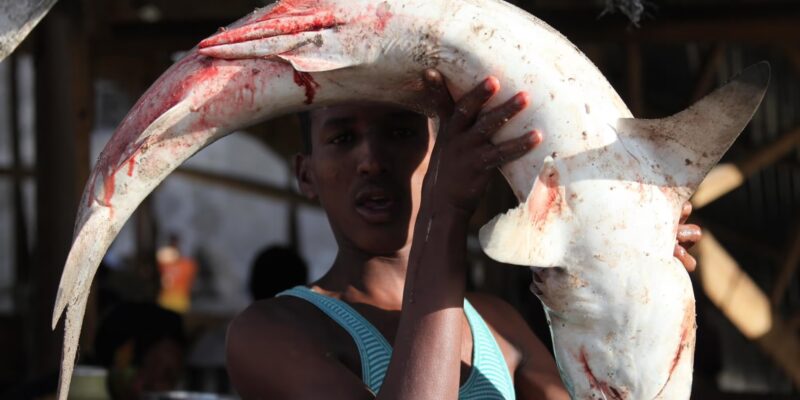Brazil, the world’s leading importer of shark meat, is quietly feeding it to millions via state-run schools, hospitals, prisons, and other institutions, a Mongabay investigation has revealed.
Documents show that shark meat is served to infants in daycare centers, patients in hospitals, soldiers, prisoners, and civil servants across at least ten Brazilian states.
The fish is rarely labeled accurately and is typically sold as “cação,” a generic term that obscures its true identity.
This means many Brazilians are unaware they’re eating shark – a species known to accumulate dangerous levels of mercury and arsenic. These heavy metals pose serious risks, especially to children and vulnerable populations.
Mongabay identified 1,012 government procurement tenders since 2004, representing over 5,400 metric tons of shark meat worth at least $20 million. The meat is mostly imported from countries like Spain and Taiwan, where vessels harvest the fins for Asian markets and export the less valuable flesh to countries like Brazil.
Public health experts and conservationists alike are alarmed. “The issue is not just about food choice,” says Solange Bergami, an educator in Rio de Janeiro’s metro area. “It’s about people being exposed unknowingly, in public spaces that are supposed to provide safe nutrition.”




